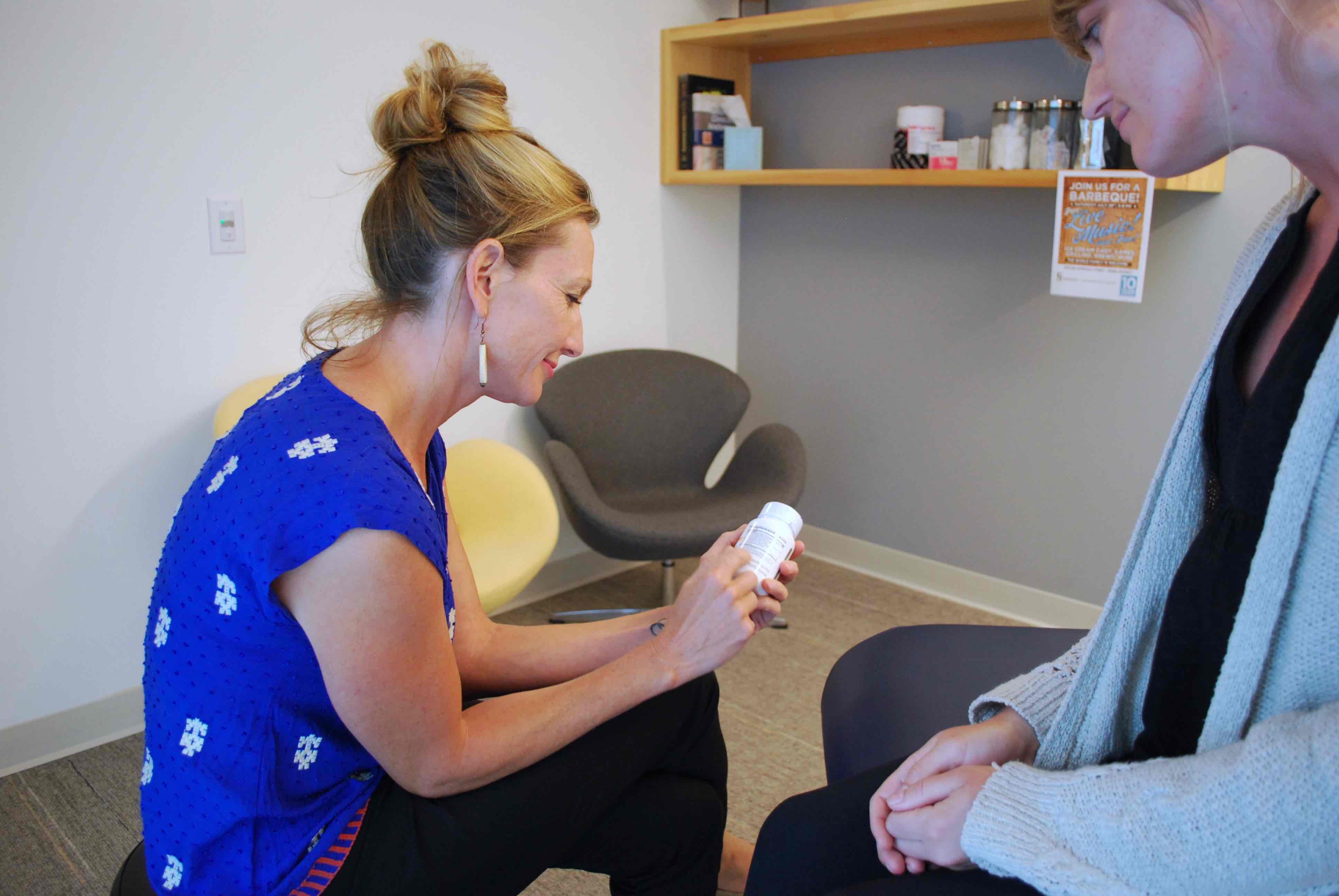
Maintaining a proper balance of healthy gut flora—the complex community of microorganisms in the digestive tract—is crucial for human health but often overlooked. While antibiotics have extended lifespans, their excessive and unnecessary use can lead to long-term health issues. The term “antibiotic” literally means “against life,” as these drugs aim to eliminate the harmful bacteria causing illness. However, antibiotics are not selective, and they also kill beneficial bacteria. These good bacteria support the immune system, protect against disease, aid in digestion and nutrient absorption, and help eliminate waste. With 70% of our immune system residing in the gut, the balance between beneficial and harmful bacteria is vital. Unfortunately, antibiotics can disrupt this balance. To restore gut health after a course of antibiotics, consider the following recommendations:
1) Dietary considerations:
Avoid sugar and other simple carbohydrates. This is a good general rule but is especially important when recovering from an infection and following a course of antibiotics. Pathogenic, or “bad” bacteria love sugar. By avoiding dietary sugars and simple carbs (which are foods that easily turn into sugar), you essentially starve the bad bacteria.
Incorporate fermented foods. By consuming fermented foods you are exposed to a greater diversity of beneficial bacteria. This diversity is key in maintaining a healthy immune system. Historically, prior to refrigeration, humans consumed large amounts of bacteria in the form of fermented and cultured foods. Consider experimenting with a variety of different ferments such as kefir, sauerkraut, kombucha, kimchi, beet kvass and other fermented vegetables or fruits. If you are new to eating ferments, consume smaller amounts to begin with. Two fork-fills per day is adequate.
Notice that beer, though fermented, did not make the list. Not only is beer is full of carbohydrates, it also reduces your gut motility – contractions of that mix and propel contents in the gastrointestinal tract. A reduction in gut motility, combined with plentiful carbohydrates, can lead to an overpopulation and imbalance of gut bacteria.
Consume bone broths. Bone broths and other sources of glycine, like gelatin and aloe vera juice aid in repairing and maintaining the integrity of the gut lining.
2) Probiotics
The friendly microbes in our intestines, termed ‘probiotics,’ include beneficial bacteria and yeast found in our gut’s normal microflora. Probiotics are also present in certain foods and dietary supplements. There are hundreds of types, including lactobacilli (e.g., Lactobacillus acidophilus, Lactobacillus GG), bifidobacteria (e.g., Bifidobacterium bifidus), and some yeasts (e.g., Saccharomyces boulardii).
During and after a course of antibiotics, it is crucial to take a high-strength probiotic. Since antibiotics are indiscriminate in killing bacteria, it may seem counterintuitive to take probiotics concurrently. However, many randomized, placebo-controlled trials have shown the effectiveness of high-potency, professional-grade probiotics during antibiotic use. They help maintain gut flora balance, reduce side effects, and prevent the growth of harmful bacteria during and after treatment.
Dr. Nigel Plummer, an expert in microbial physiology and probiotics, has found clear evidence that using probiotics alongside antibiotics decreases antibiotic resistance. Antibiotic resistance, where bacteria evolve to resist the effects of medication, is accelerated by the misuse and overuse of antibiotics. Probiotics can mitigate this issue, ensuring the continued effectiveness of antibiotic treatments.
For short term antibiotic usage, start taking the probiotics (with food) when you first begin your course of antibiotics (spaced at different times in the day). Recommended dosing is, 25 billion bacteria per day, continuing for a total of 30 days. Look for probiotic products that are supported by clinical data for effectiveness in humans, and found in peer-reviewed published studies. Be aware that literature published by the manufacturer can be suspect for promoting their products. See below for our recommended protocol and suggested probiotic products.
3) Prebiotics
In simple terms, prebiotics are a source of food for probiotics, and thus are an important part of any regimen to protect or rebuild a healthy microbiome. Prebiotics are generally soluble fibers. Dietary fiber can be split into two categories – soluble fiber which is fermented by gut bacteria, and insoluble fiber which is not fermentable and acts as roughage. During and after antibiotic use, focus on getting plenty of soluble fiber found in starchy tubers, squash, Jicama, Jerusalem artichoke and peeled fruits. Allium vegetables such as garlic, onion, leeks, chives, and scallions are great choices. Add them to food raw for the best source of prebiotics. By providing our microbiome with a food source, we can encourage the healthier members of microbiota to grow and in the process make us healthier.
4) Support Your Liver
Antibiotics can also take a toll on your liver, particularly if you’re on them for an extended period of time. Our liver has over 500 different jobs it performs. Not only is the liver responsible for metabolizing and detoxifying medications, it also acts as the clean-up crew to the thousands of microbes that have expired as a results of the antibiotics. Milk thistle is a great supplement for supporting liver health, and can be taken in a pill or as a tea (420mg/day in divided doses). Eating beets and carrots can stimulate and support overall liver function. Glutathione, a compound that supports liver detoxification, can be found in avocados and leafy greens. Consider incorporating these foods, as they are also beneficial prebiotics. Also, don’t forget to drink plenty of water, as it will help flush out unwanted toxins.
Consider this: bacteria take residence in our bodies from the day we are born and remain with us throughout our lives. The gut bacteria is established in the first 2-3 years of life and play important roles in nutrition, digestion, metabolism, immune function and protection. Our gut protects us, so let’s protect our gut! If you find yourself in a situation where antibiotics are indicated, consider the following protocol to help support your overall health.